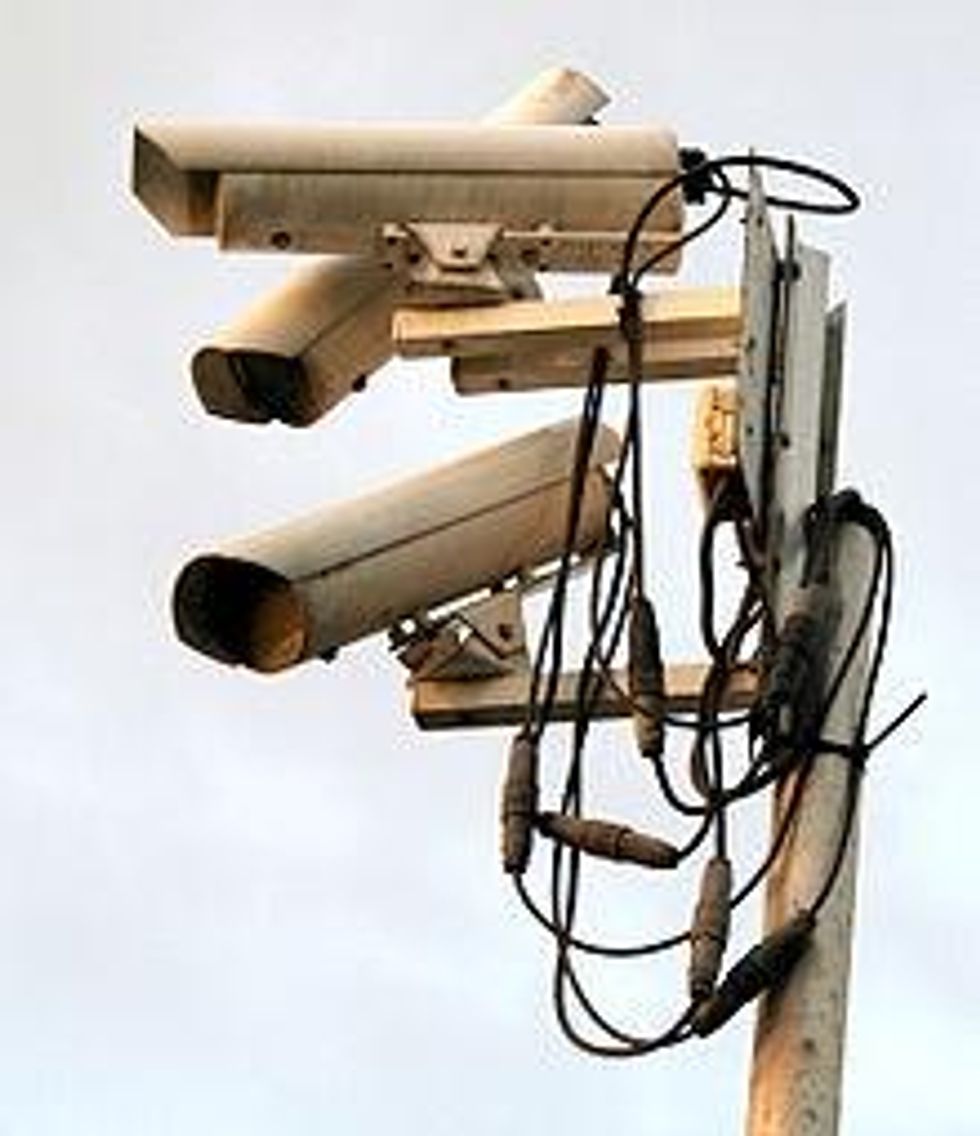Because of the extraordinary revelations last week by the Guardian, Congress and the American people now know that the Patriot Act is being used by the National Security Agency to collect the phone records of all Americans, every day. There's no more debate about whether the government, and the military at that, is spying on us: only whether Congress is going to stop them.
Section 215 of the Patriot Act allows the government to obtain 'any tangible thing' relevant to an investigation. According to Sen. Dianne Feinstein (D-Calif.), chair of the Senate Intelligence Committee, this authority has been used to collect all phone records in the U.S., even those of law-abiding citizens who have no connection to crime or terrorism whatsoever. The administration and a few members of Congress have confirmed and defended this practice as necessary to protect national security.
But there's no reason to believe that the government's collection efforts stop there. Last year, there were 212 of these Section 215 orders so the full extent of the NSA's surveillance is still within the agency's black box. Some news reports say that these programs include financial data and email records too. This is entirely possible given the breadth of Section 215. The program's advocates claim that records do not implicate privacy and that the collection of "metadata" does not infringe on anyone's rights.
Nothing could be farther from the truth.
These records reflect who you know, what you do, and where you go. Furthermore, if metadata wasn't incredibly rich and revealing, the government wouldn't be collecting them at a breakneck pace. As mathematician and former Sun Microsystems engineer Susan Landau told the New Yorker's Jane Mayer, metadata is "much more intrusive than content."
The days of closed-door briefings and secret court orders are over on Capitol Hill. Congress must force public disclosure about what information the government is collecting on us, and what is done with it. The status quo has gotten us mass domestic surveillance and it is untenable, particularly if we are to remain a free society resting upon a foundation of individual rights. Ceding oversight and decision-making to the Intelligence committees has resulted in secret hearings to learn about secret court orders that authorize secret spying on Americans. The leaked court order contains no sources or methods, and it is now clear that secrecy serves not national security but protecting decision makers from their employers, the American people.
Oversight is an important step, but alone it is not enough to cage an out of control surveillance state. Some will undoubtedly argue that this sort of privacy invasion is okay as long as there are stronger reporting requirements or better internal guidelines. Regardless of how many branches of government have signed off, spying on Americans who aren't suspected of doing anything wrong is unconstitutional and a waste of resources. The administration has been very clear that until the statute is changed, this sort of suspicionless mass surveillance will continue and it appears the FISA court will continue to rubber stamp these orders without protecting our privacy. Therefore, it's time for Congress to clearly and unequivocally ban the practices in the law.
Don't be persuaded by arguments that there are simply no other ways to get the information. There are many ways for the government to obtain the records without the breadth and overreach of Section 215.
Of course, if you collect enough information you'll eventually catch someone doing something wrong, but we decided centuries ago that's not how our country operates. Our surveillance programs are completely out of balance and Congress needs to fix them. Otherwise, the Fourth Amendment will be a mere suggestion and we will have become a people who have sacrificed our essential liberty for, at best, a little temporary safety.
